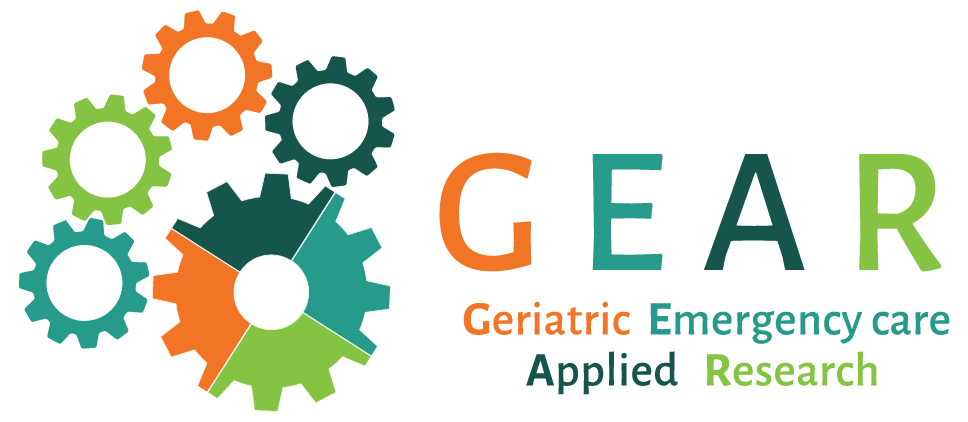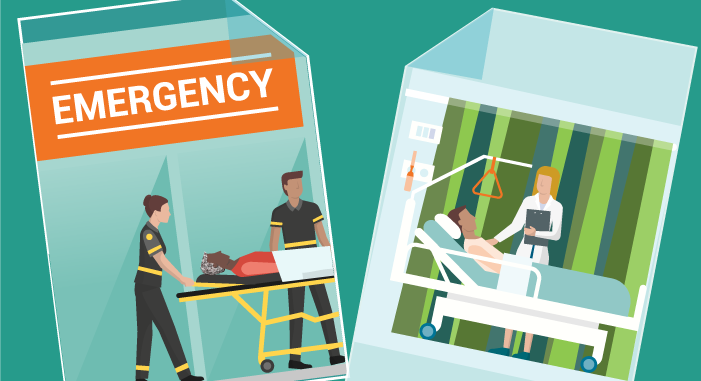In an aging world, the emergency department (ED) is the front porch of the 21st century health care system, straddling the inpatient world of medical and surgical practice with the outpatient environment of office visits, home health, and long-term care.1 Geriatric emergency medicine has emerged as a subspecialty within emergency medicine with a focus on the large and rapidly growing segment of ED patients with unique health care and social service needs: older adults. Geriatric emergency medicine, and the associated geriatric EDs take a more holistic approach to emergency care that revolves around the identification of common age-related syndromes and evidence-based approaches to align management recommendations with patient preferences and patient-reported outcomes that matter.




